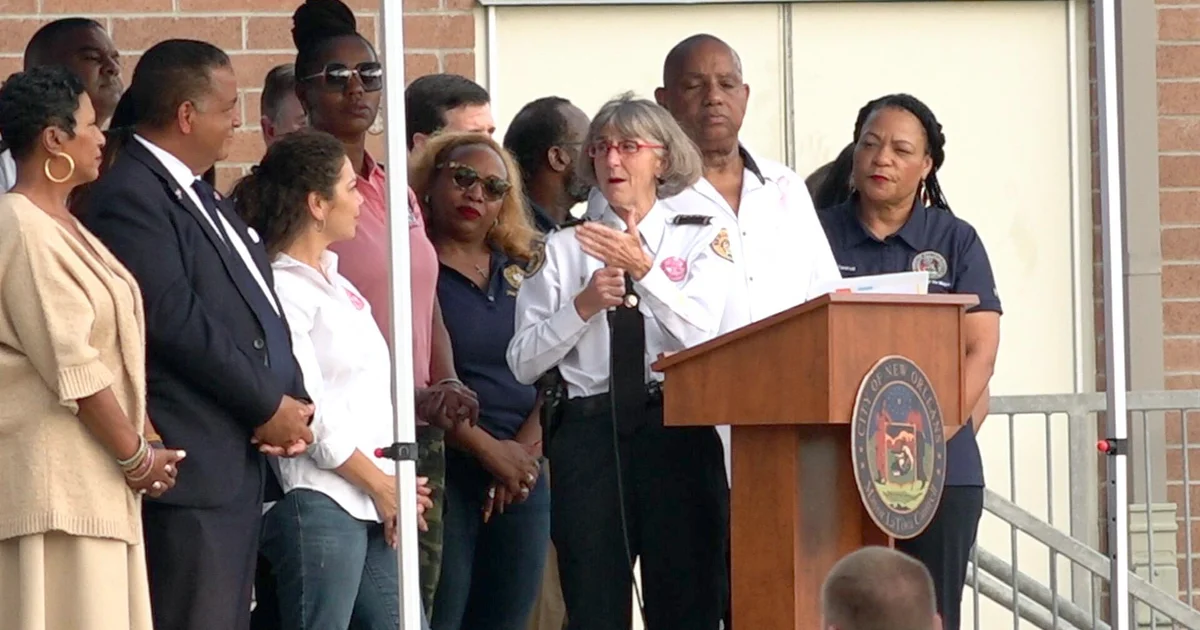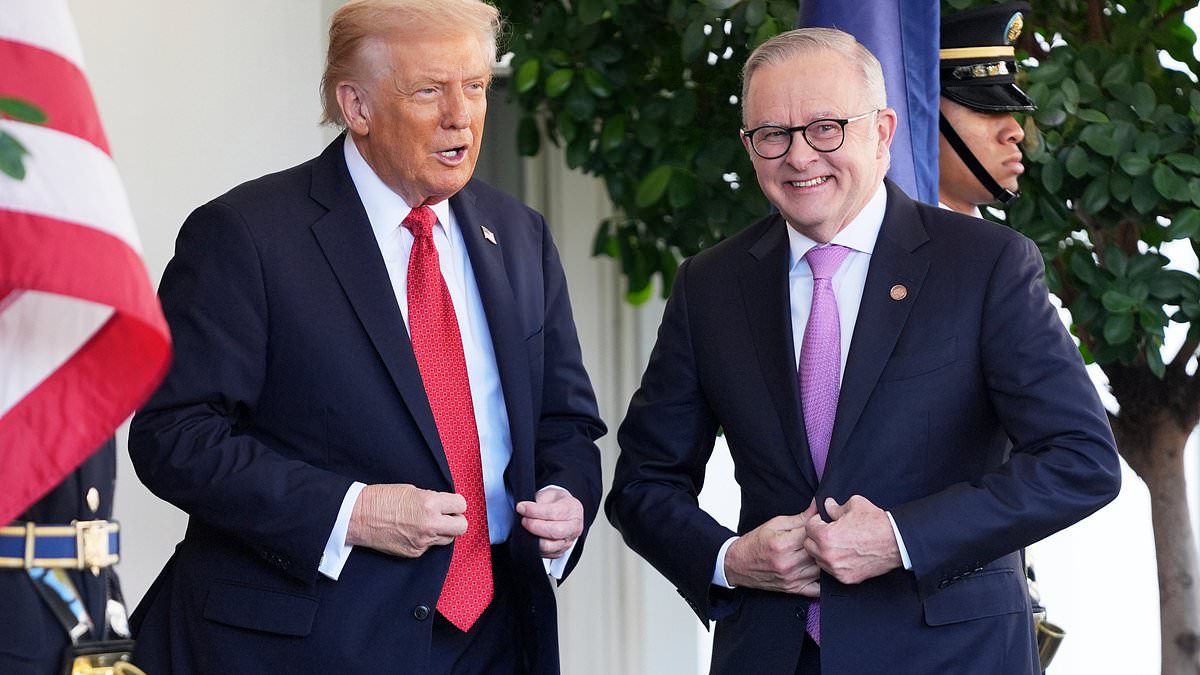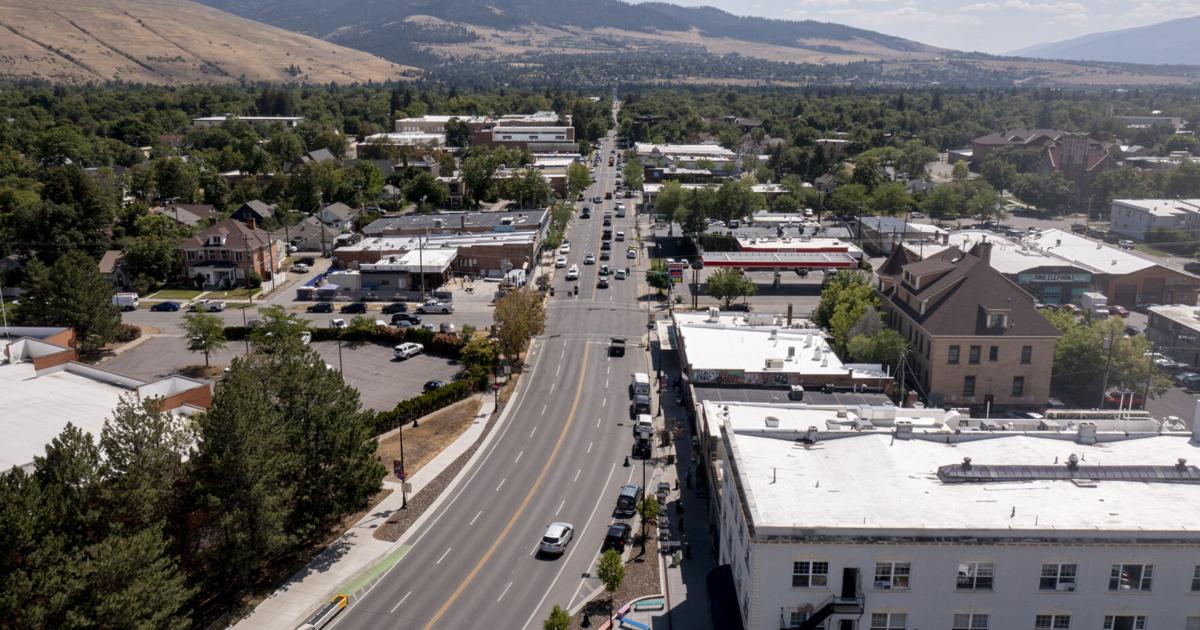Copyright dailytimes

With the Supreme Court’s constitutional bench already in place, one might ask: Is there still a need for a separate constitutional court in Pakistan? Politically, opinions on this question will always be divided along partisan lines. But if we move beyond politics and examine the matter through reason and law, the answer is yes. Pakistan still needs, perhaps more than ever, a full-fledged constitutional court. The constitutional bench was never the real solution. It was a temporary, improvised arrangement born of necessity when consensus could not be reached on the Twenty-Sixth Amendment, which proposed the creation of a constitutional court. The very problems that prompted that proposal remain unresolved. In fact, many have worsened. The idea behind a constitutional court was simple and compelling. The Supreme Court’s time was being consumed almost entirely by constitutional and political cases, leaving ordinary litigants stranded for years without justice. Though such constitutional matters made up only about 15 per cent of the Court’s total caseload, they absorbed nearly 90 per cent of its working hours. In contrast, 85 per cent of regular civil and criminal cases were left with barely 10 per cent of the Court’s time. Our national discourse continues to revolve around the elite, their politics, their privileges, and their legal dramas. Meanwhile, the people’s grievances, their delayed cases, and their pursuit of justice remain ignored. For the ordinary citizen, the consequences have been devastating. There is no “good to see you” for him in the courtroom; his case never reaches the roster. While high-profile political petitions are heard on weekends or late into the night, televised live and debated endlessly in talk shows, the common man’s file gathers dust. The media covers the elite’s battles like national events, but justice for the poor remains invisible. The result is staggering. More than 57,000 cases are now pending before the Supreme Court. The Court simply does not have the time to hear them. We have even seen cases where defendants were acquitted after decades of litigation, only for it to be discovered that they had already been executed. In one instance, after hearings concluded, the assigned judge took 223 days to write the verdict. The then Chief Justice publicly noted this delay in his order. It was against this backdrop that the idea of a separate constitutional court gained ground, to relieve the Supreme Court of political and constitutional entanglements so it could focus on ordinary citizens and deliver timely justice. Another reason for this proposal was structural. In recent years, many landmark constitutional cases were heard by the same three-member bench, which over time acquired almost mythical status. The Chief Justice’s discretion in forming benches meant that once the composition was announced, everyone already knew what the verdict would be. Some of these procedural flaws have since been addressed, but not fully. A federal constitutional court, therefore, makes institutional sense. It would comprise judges from all provinces, hearing constitutional cases collectively rather than through selective, personality-driven benches. It would end the perception that certain “favourite” judges are assigned to certain “favourite” cases. The constitutional bench, however well-intentioned, cannot fix a systemic imbalance that has deprived ordinary Pakistanis of timely justice. Only a dedicated constitutional court can do that. Our national discourse continues to revolve around the elite, their politics, their privileges, and their legal dramas. Meanwhile, the people’s grievances, their delayed cases, and their pursuit of justice remain ignored. More than 57 thousand pending cases are testimony enough that Pakistan’s legal priorities need urgent realignment, not for the powerful but for the people. The writer is a freelance columnist.



